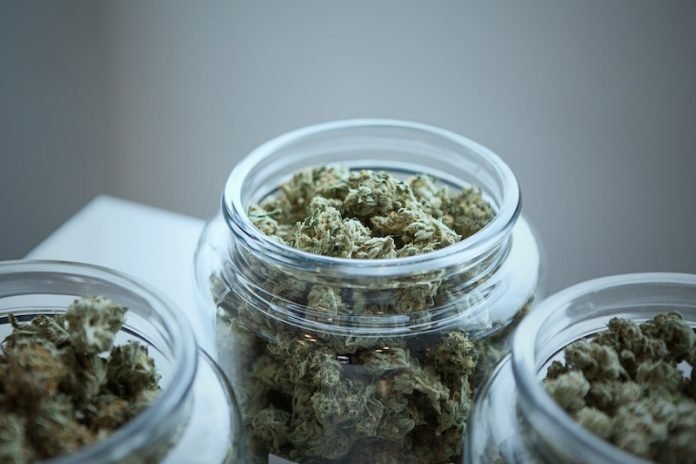
In a new study, researchers found that cannabis may be helping Canadians cope with the effects of post-traumatic stress disorder (PTSD).
In an analysis of health survey data collected by Statistics Canada from more than 24,000 Canadians, the researchers found that people who have PTSD but do not medicate with cannabis are far more likely to suffer from severe depression and have suicidal thoughts than those who reported cannabis use over the past year.
The study is the first to document the relationships between PTSD, cannabis use, and severe mental health outcomes in a sample representative of the population.
The research was conducted by a team from the BC Centre on Substance Use (BCCSU) and the University of British Columbia (UBC).
In the study, data were obtained from Statistics Canada’s 2012 Canadian Community Health Survey – Mental Health (CCHS-MH), which covers Canadians aged 15 and older.
Among 24,089 eligible respondents, 420 reported a current clinical diagnosis of PTSD. In total, 106 people with PTSD, or 28.2%, reported past-year cannabis use, compared to 11.2% of those without PTSD.
The researchers found that PTSD was significantly associated with a recent major depressive episode and suicidal ideation among people who don’t use cannabis.
Specifically, cannabis non-users with PTSD were about seven times more likely to have experienced a recent major depressive episode and 4.7 times more likely to have thoughts of suicide compared to cannabis non-users without PTSD.
Among cannabis-using respondents, PTSD was not linked to a recent depressive episode or suicide ideation.
The team says people exposed to trauma, including survivors of acute injury, conflict, violence, and disaster, suffer from depression, suicide, and substance use disorders at disproportionately high rates compared to the general population.
With limited treatment options for PTSD, many patients have taken to medicating with cannabis to alleviate their symptoms.
However, this is the first time that results from a nationally representative survey have shown the potential benefits of treating the disorder with cannabis.
The lead author of the study is Stephanie Lake, a research assistant at the BCCSU.
The study is published in the Journal of Psychopharmacology.
Copyright © 2019 Knowridge Science Report. All rights reserved.



